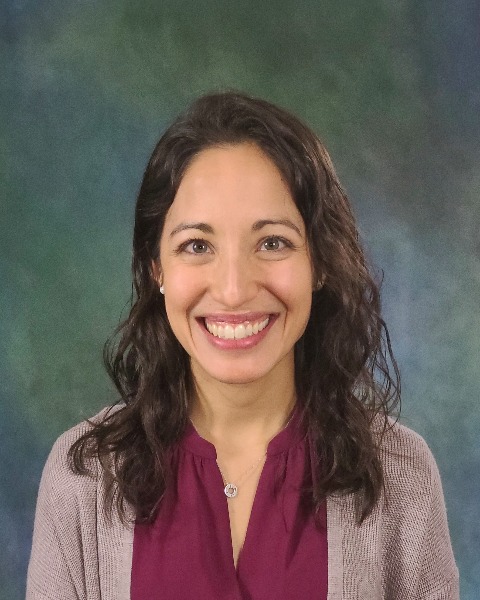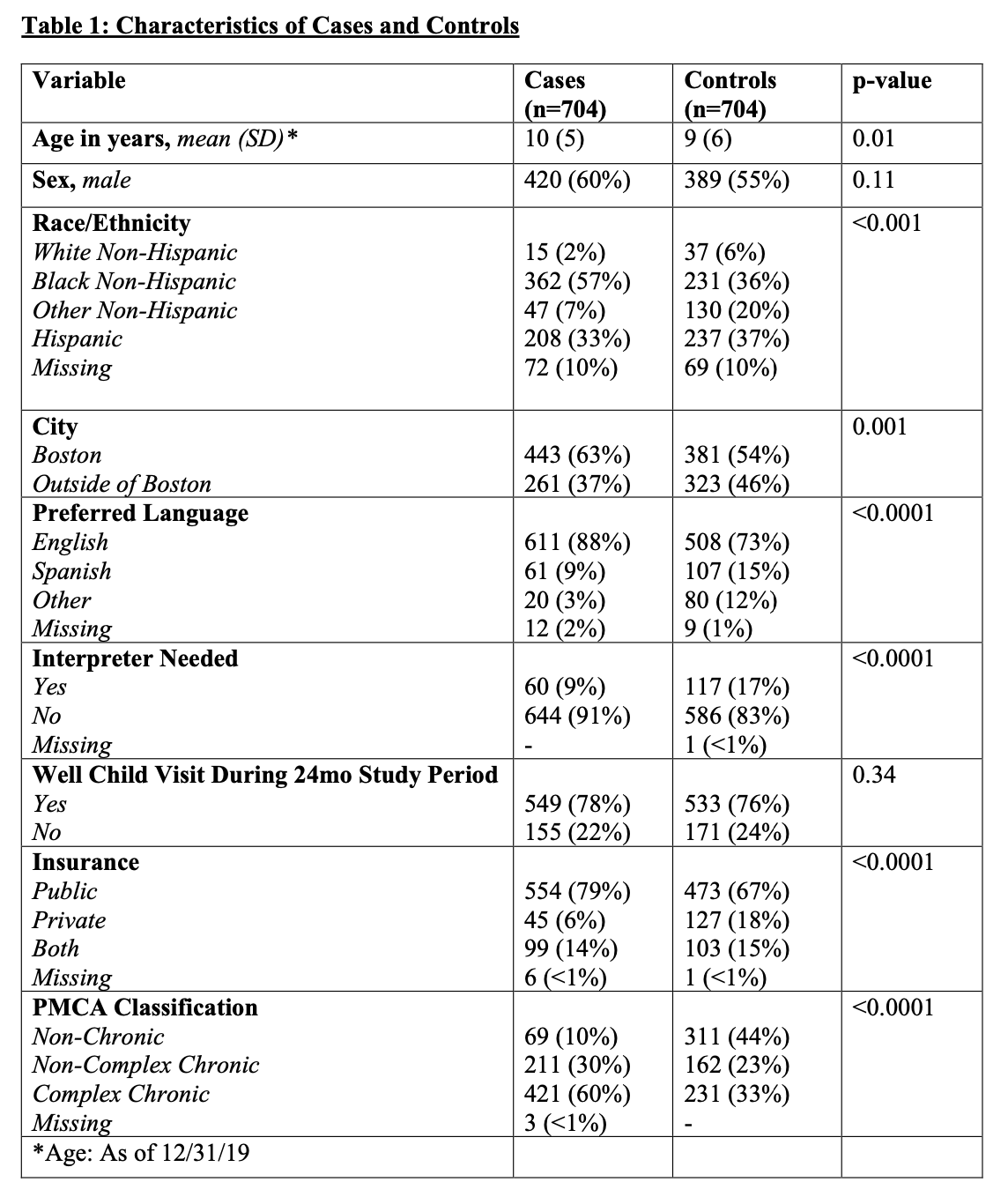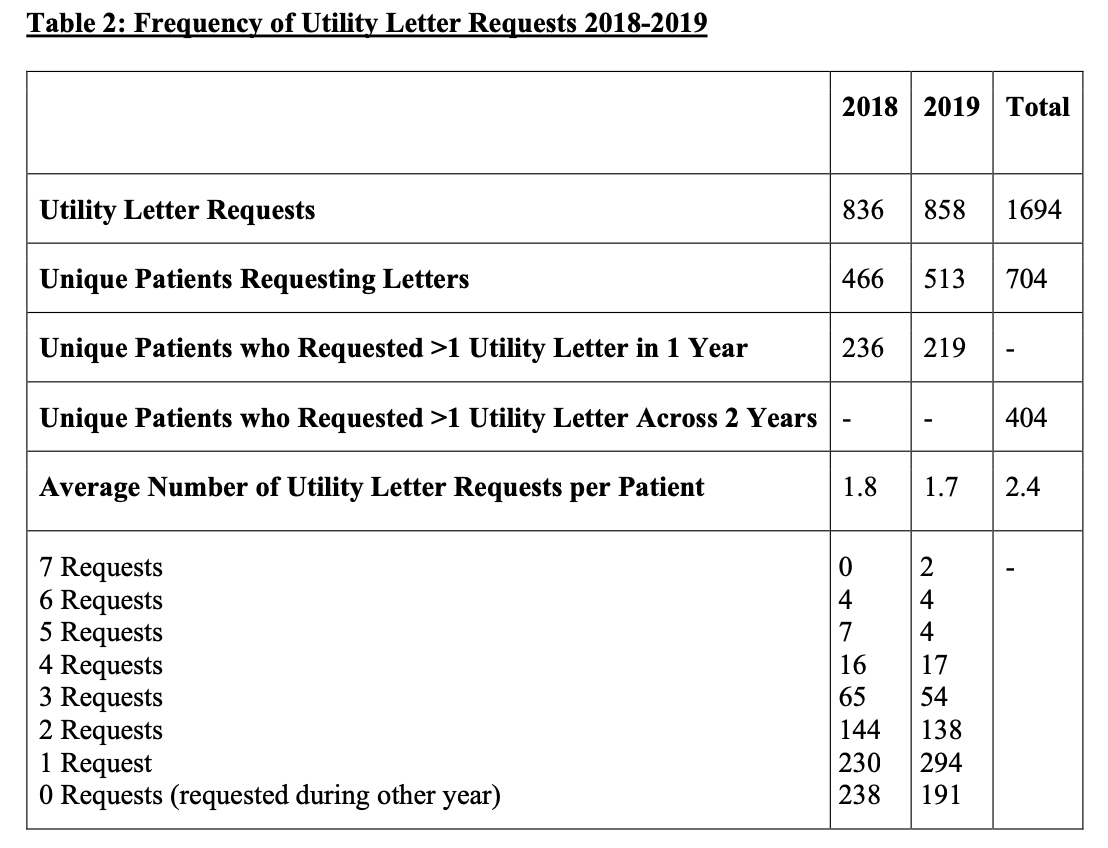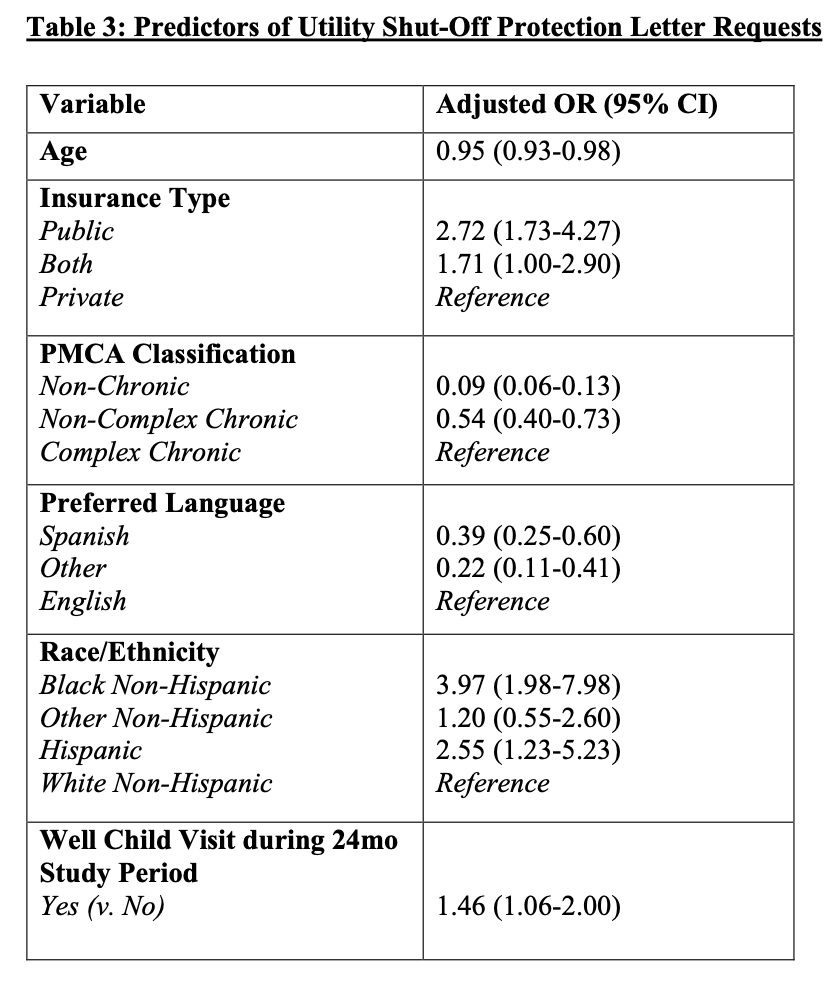Health Equity/Social Determinants of Health
Health Equity/Social Determinants of Health 9
580 - Characterizing Energy Insecurity: Utility Shut-off Protection Requests in Pediatric Primary Care
Publication Number: 580.413

Nicole C. de Paz, MD MPH (she/her/hers)
Primary Care Pediatrician
Atrius Health
NEEDHAM HEIGHTS, Massachusetts, United States
Presenting Author(s)
Background:
Household energy insecurity is increasingly recognized as an important social determinant of health, affecting nearly a third of American households. Utility shut-off protection letters from medical providers are an important but imperfect tool to address acute energy insecurity, and their use has not yet been explored in the pediatric literature.
Objective: We aimed to characterize utility shut-off protection letter requests in a pediatric primary care population and to identify potential predictors of utility letter requests.
Design/Methods:
Retrospective, case control study utilizing secondary data from electronic health records and administrative data from a large, hospital-based primary care clinic located in Boston, MA.
Results: During 2018 and 2019, the families of 704 unique patients made 1694 utility letter requests; of those, 57% made a repeat letter request within the two-year period, with some families requesting letters as many as 7 times. In multivariable analysis between cases (n=704) and controls (n=704), the following patient-level characteristics were positively associated with utility letter requests: public insurance, younger age, Black or Hispanic race/ethnicity, and attending a well-child visit within the study period. A negative association was found between utility letter requests and lower medical complexity, as well as non-English preferred language.
Conclusion(s): Utility shut-off protection letters were requested more frequently by families with lower incomes and members of historically disadvantaged racial/ethnic groups, consistent with national studies of energy insecurity, as well as families with younger age children, medical complexity, and well-child visit attendance, potentially indicating the role of medical-home connectedness in accessing resources. Less frequent letter requests by non-English speaking families raises concern for language barriers creating inequitable access to utility letters, and the finding that letter requests were often made repeatedly by the same families underscores the often-chronic nature of energy insecurity. These findings highlight the need for more equitable and sustainable approaches to energy insecurity within pediatric primary care, and opportunities for further research.


